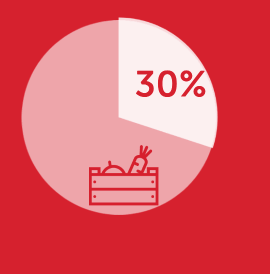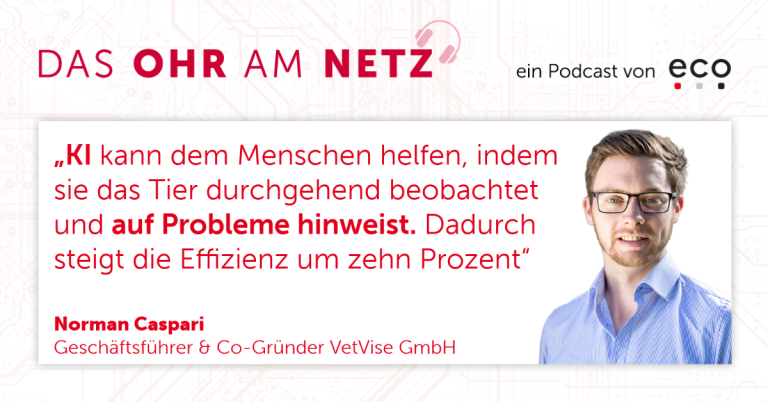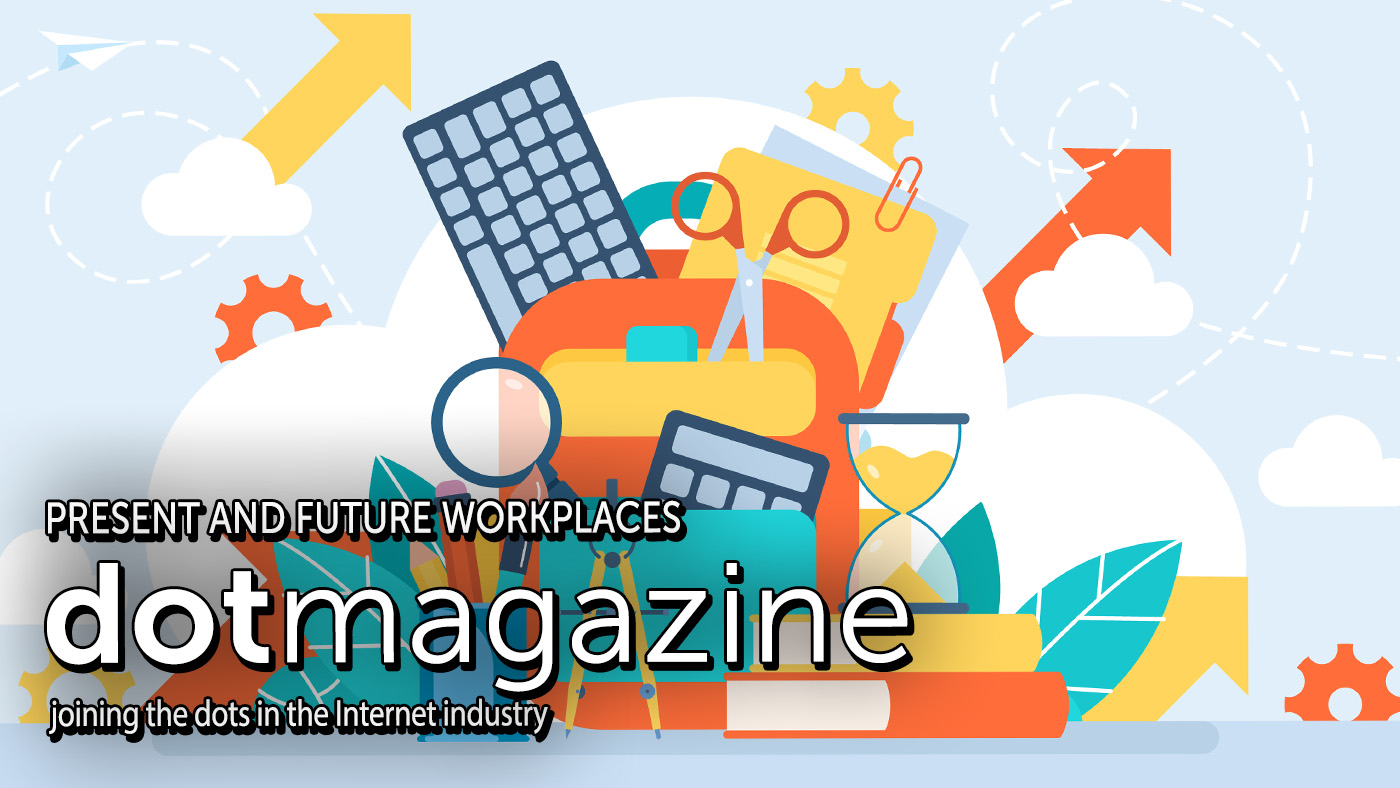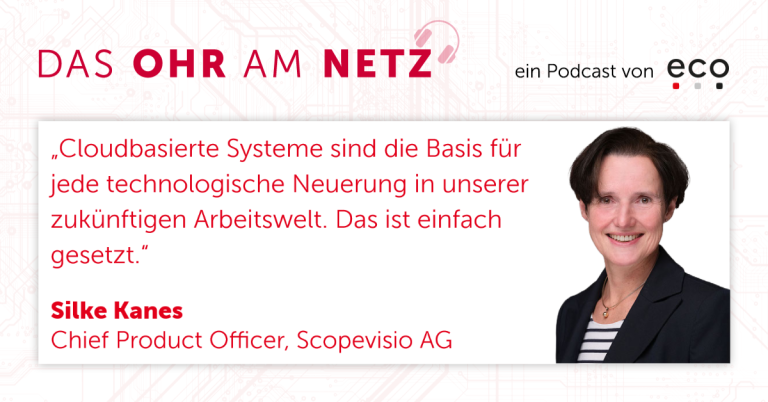Digitalisation & the world of work: the solutions are at hand – let’s use them!
The digital transformation of our world of work is part of the solution in many fields, helping us to address challenges such as the shortage of skilled workers and to make our economy more sustainable and ecological. Artificial intelligence, Internet of Things, cloud computing and Big Data are driving forward the economy’s ecological transformation. This is demonstrated by best practices from Industry 4.0 – for example, in the fields of Smart Factory, Precision Farming or Working World 4.0. Hybrid working environments improve work-life balance and deliver emission savings via commuting. What’s more, artificial intelligence and autonomous robots optimise production processes and reduce employees’ workload. Internet of Things (IoT) sensors also help to avoid empty runs in supply chain management, aiding farms to use resources more efficiently and to bring about higher harvest yields.
30 % greater harvest yield
on the same acreage, 251 quintillion litres of water saved, 20 % less food waste and 2 gigatons less CO2 equivalents – all achieved through smart farming.
Source: CR Report 2021 Telecom SMARTer2030 Study from the Global e-Sustainability Initiative (GeSI)
Smart Farming: How digitalised is modern agriculture?
Over-fertilisation, the use of pesticide, monocultures, crop losses caused by climate change, and growing consumer expectations of animal welfare and sustainability – these are just a handful of the challenges currently facing the agriculture sector. Digitalisation can provide a solution. Stefan Stahlmecke from John Deere and Norman Caspari from VetVise explain what this looks like in reality and what positive effects this has for farms.
Present and Future Workplaces - dotmagazine edition on New Work
Is the present work format slipping away? What will work look like in the future? What can employees expect from a modern workplace?
The Modern Workplaces: How To Thrive and Survive edition of dotmagazine – the eco Association e-magazine on Internet industry topics – demonstrates how companies can build sustainable work models for the future. Here you can delve into multiple articles on topics such as how AR and VR are being used to archive expert knowledge and train junior staff, how trust can be built in the modern workplace, or why companies should secure their IT infrastructure via redundant lines. The edition also outlines how women’s networks can empower and support female professionals in the tech industry.
Best Practice: World of Work & Digitalisation
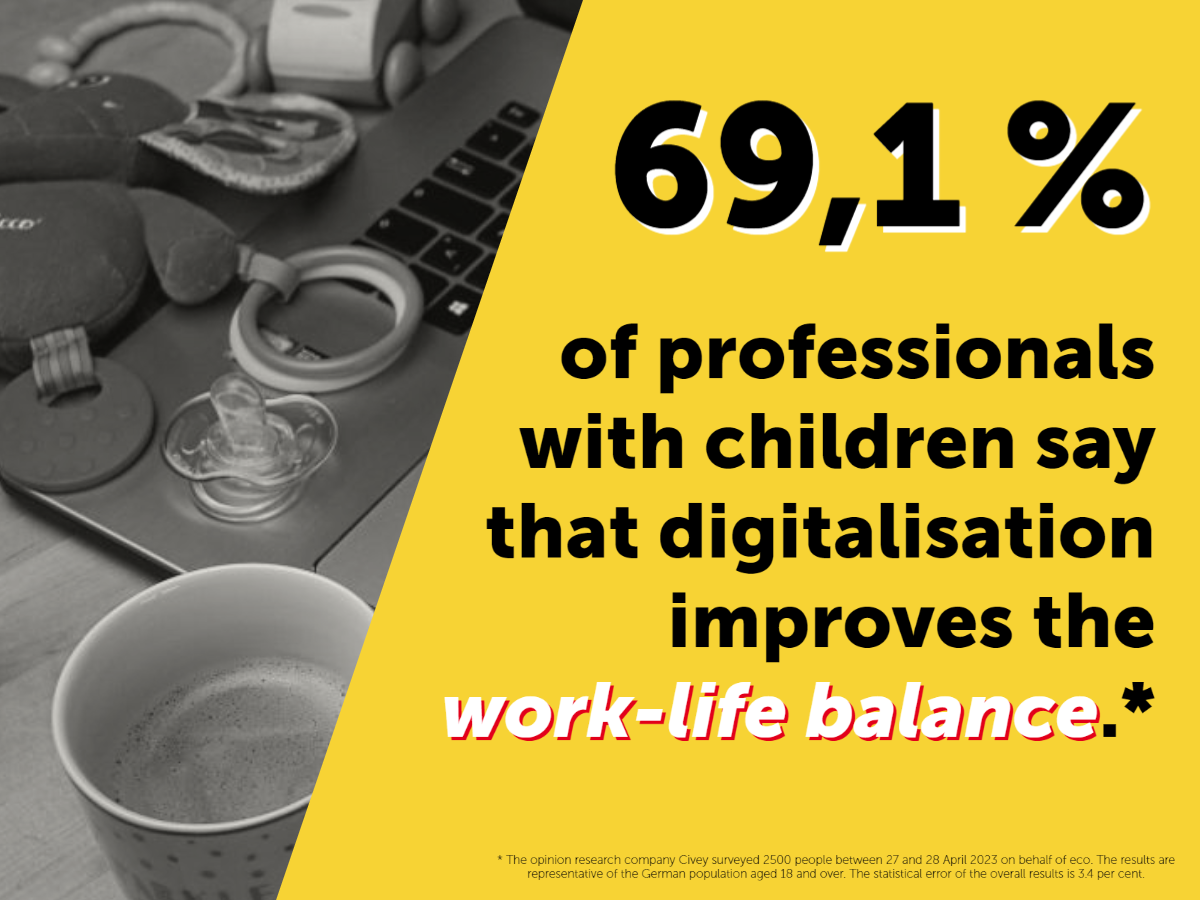
World of Work 4.0: Part of the solution for more flexibility and better work-life balance
Remote work and hybrid working models: Thanks to digital services and technologies, companies can work with people and companies from all over the world, regardless of where they’re from. This counteracts the shortage of skilled workers, a fact that would simply not be possible if digitalisation didn’t exist.
At the same time, Working World 4.0 is also more attractive for employees. This is made clear by an eco survey conducted in cooperation with Civey. Around two out of three Germans agree that digitalisation contributes to the compatibility of work and private life. Almost 70 % of employees who have children say that mobile working improves their work-life balance.
Car Repair 4.0: Part of the solution for more sustainable repairs
There are now over 15,000 sensors in a car, which produces a wealth of data. In combination with intelligent systems, such data can make troubleshooting and repair services easier for employees in car repair shops. This boils down to the fact that conventional diagnostic devices often no longer reliably detect errors, meaning that car parts are often simply replaced. On the one hand, this is expensive; on the other hand, it is unsustainable.
The Car Repair 4.0 project wants to change this. With a new measuring method, errors are recorded using oscilloscopes in the engine compartment of a vehicle. This data can then be interpreted in a new way, based on an AI-supported procedure. Car Repair 4.0 creates a platform for the trustworthy exchange of industry-specific data on vehicle maintenance and servicing with tailor-made AI models. The result: better diagnoses of errors and avoidance of unnecessary repairs, thereby sparing resources for the benefit of sustainable maintenance.
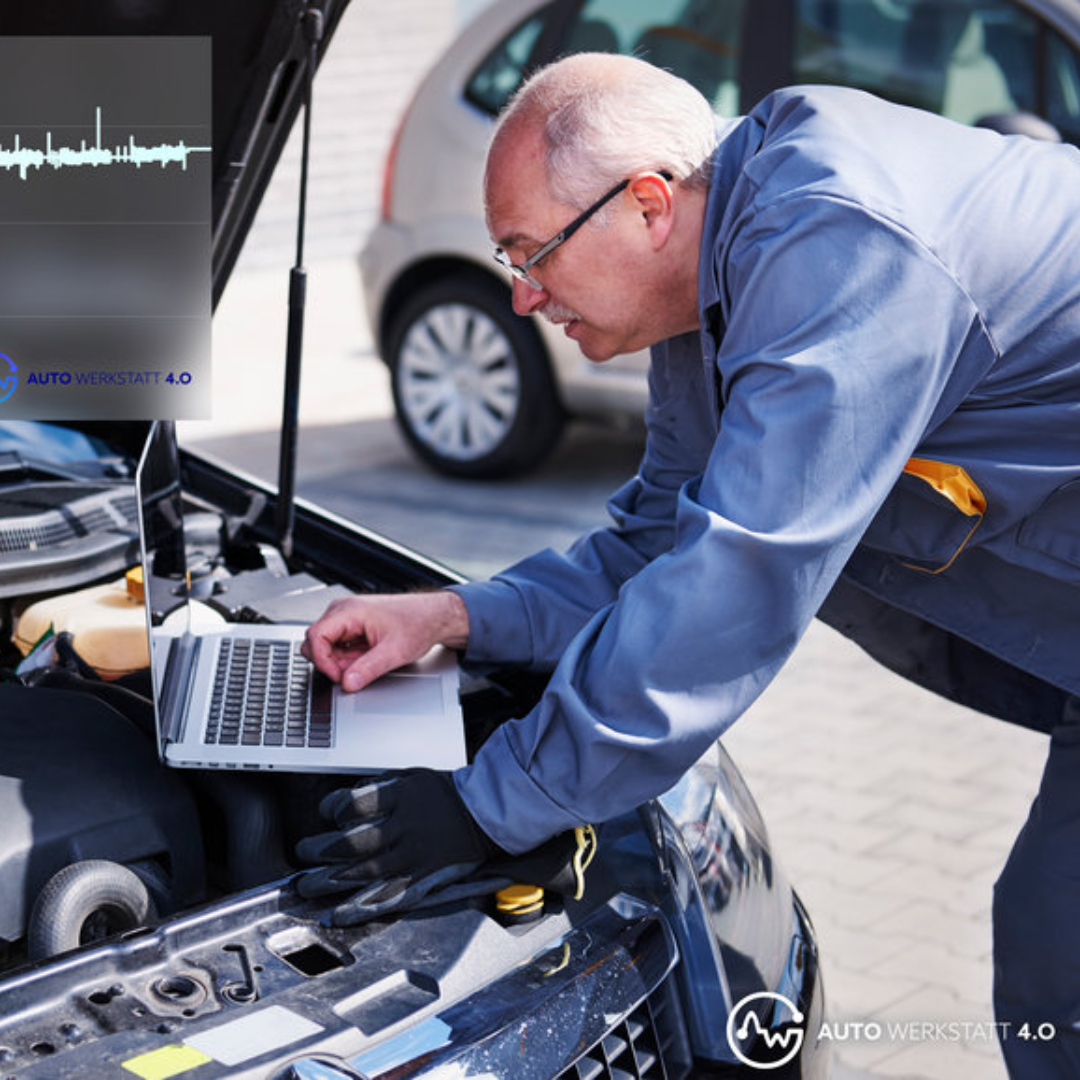
Swiss Future Farm – Digital agriculture of the future
Digital technologies enable farmers to work in an ecologically sustainable yet economically viable way. At the Swiss Future Farm in Täniko, 5G applications from Huawei are being tested. 5G-networked drones monitor fields with video cameras, enabling the targeted and resource-saving use of water, fertilisers, pesticides and harvesting machinery.
DIGITALISATION AND WORLD OF WORK
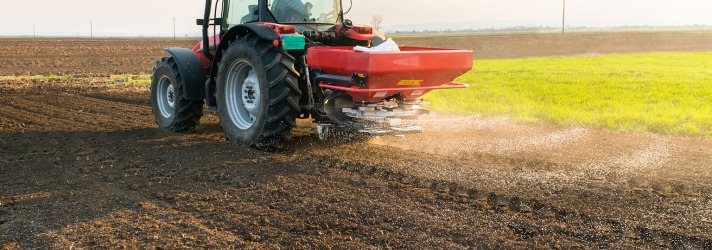
Smart Farming
Lichtblick in der Cloud: Wann brauchen wir Private Cloud, Public Cloud und Edge-Computing?
Cloud-Computing ermöglicht digitale Kommunikation, Kollaboration und Zusammenarbeit. Damit verändert die Technologie auch, wie wir miteinander arbeiten. Welche Potenziale Cloud-Dienste für agiles Arbeiten und die Vereinbarkeit von Familie und Beruf bringen, erörtert Silke Kanes von der Scopevisio AG im Podcast.
Statements on the topic of Digitalisation & the World of Work
-

Whether it’s via digital twins, intelligently connected production processes or the Internet of Things (IoT): In the industrial sector, digital technologies & applications offer the most efficient lever to make significant CO2 savings possible. According to calculations by the Arthur D. Little Sustainability Model, IoT applications alone can enable a 37 % reduction of industrial CO2 emissions by 2050.
Alexander Rabe
Managing Director, eco Association
Further topical highlights
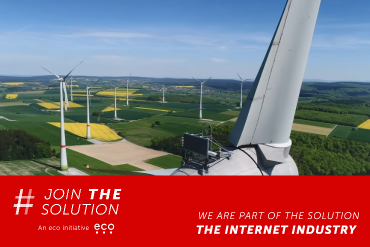
Best Practices
Case Studies: Discover more use cases which show how and where digitalisation is part of the solution.
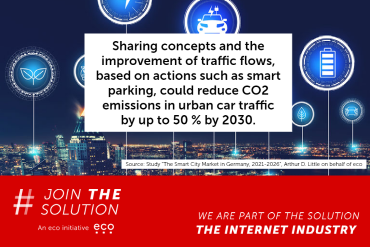
Facts and Figures
CO2 reduction et al: How digital technologies are helping to solve societal challenges
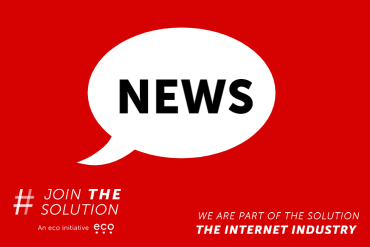
News
Press releases, interviews and news: all about our campaign #JOINTHESOLUTION: We are part of the solution – the Internet industry.


